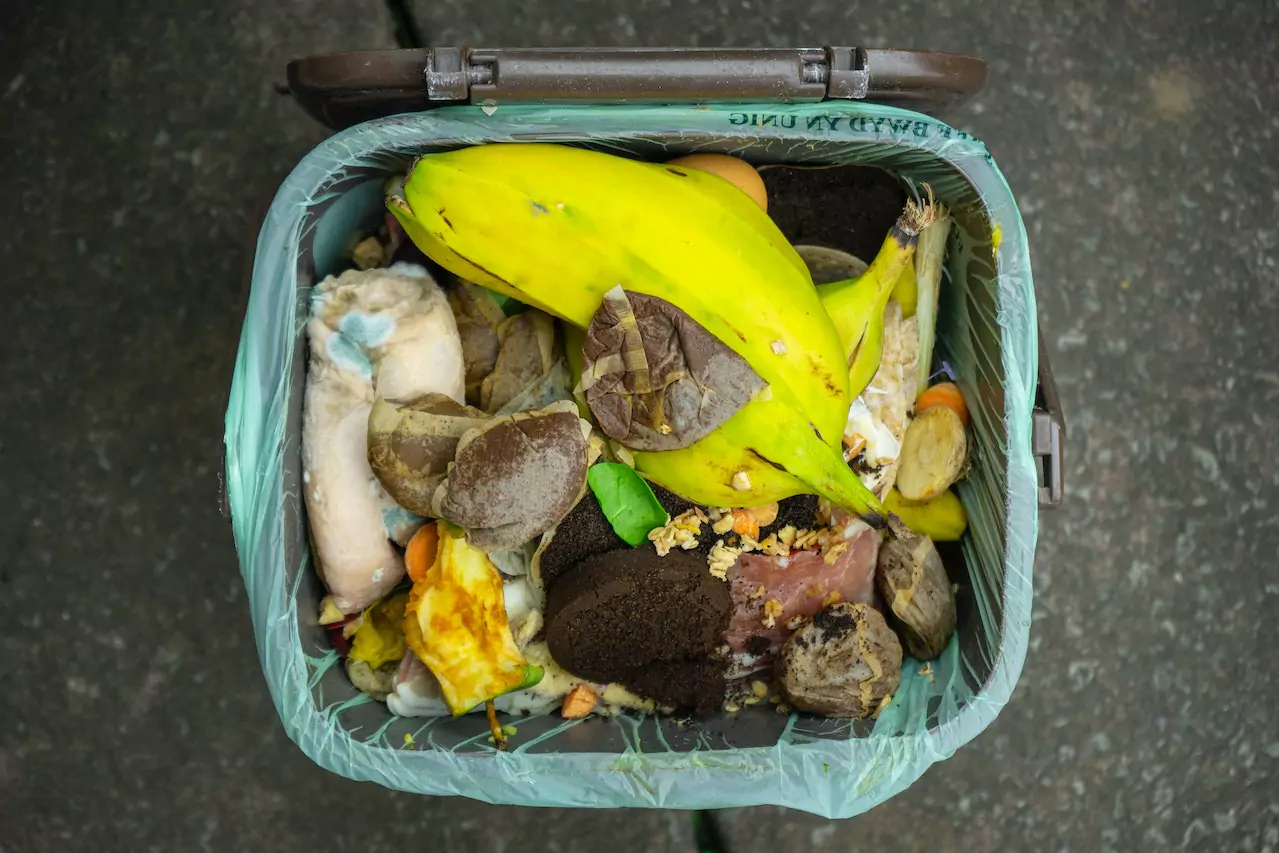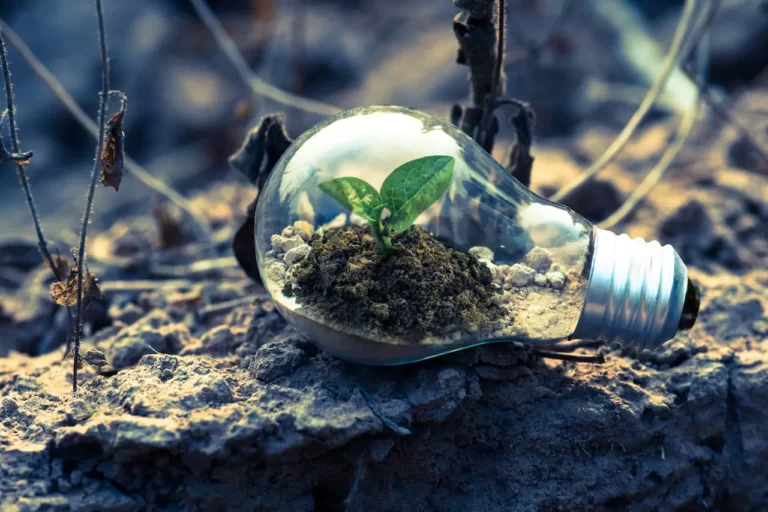Most people are aware that their daily habits impact the environment, but few are willing to change them. After all, it’s much easier to continue using disposables when you’re already used to them, and it’s hard to cook at home when you’re used to eating out. However, if we want to save the environment, it’s important to change our consumption habits.
Consumption Habits problem
We are a society of consumers, and we are constantly being bombarded with messages telling us to buy more, buy new, and upgrade our possessions. This culture of consumption is having a devastating effect on the environment.
It takes a lot of resources to produce the things we consume. The manufacture of a single computer requires over 60 different minerals, and the production of a car uses around 1,500 different materials. All of these resources have to be mined from the earth, which has a huge impact on the environment.
In addition, the way we use and dispose of our possessions also causes environmental damage. For example, electronic waste is one of the fastest-growing types of waste in the world. Every year, we throw away millions of phones, laptops, and other electronic devices, and most of them end up in landfill.
The good news is that there are things we can do to change our consumption habits and help to save the environment. One of the most important things we can do is to buy less stuff. This might seem like a difficult task, but it is possible to break the cycle of consumption.
Examples of food & Electronics consumption suggestions
One of the biggest ways we can impact the environment is through the food we eat. The average American diet requires a lot of resources to maintain. For example, the production of beef uses a large amount of water and land. In fact, it takes 2,500 gallons of water to produce just one pound of beef. So, if you’re eating a lot of meat, you’re using a lot of resources.
We can save water and land by eating less meat, or by switching to plant-based proteins. There are a lot of delicious plant-based options available, and they don’t require nearly as many resources to produce. Another way to save resources is to eat locally produced food. This food hasn’t been shipped long distances, so it requires less fuel to transport.
We can save resources by wasting less food. According to the USDA, 30-40% of the food in the US is wasted. That’s a lot of resources that are being wasted when they could be used to feed people who are hungry. When you’re grocery shopping, only buy what you know you’ll eat. And when you’re cooking, only make as much food as you know you’ll eat.
We can start by being more mindful about the things we buy. Do we really need that new gadget, or can we make do with the one we have? Can we buy second-hand items instead of new ones?
We can also change the way we dispose of our possessions. Instead of throwing away our old electronics, we can recycle them or donate them to charity. By doing this, we can help to reduce the amount of waste that goes to landfill.
Finally, we can support businesses that are working to be more environmentally friendly. There are many companies out there that are making an effort to reduce their impact on the environment. By supporting these businesses, we can help to encourage others to do the same.
There are many other ways to save and reduce waste by changing consumption habits.
Here are a few more easy-to-do suggestions:
- Use less water. Take shorter showers, water your plants during the cooler hours of the day, and fix any leaks in your home
- Turn off lights and electronics when you’re not using them
- Save energy by cooking multiple meals at once and then freezing the extras
- Shop second-hand whenever possible
- Buy in bulk to reduce packaging waste
- Bring your own bags to the store
- Compost your food scraps
- Avoid single-use plastics
Conclusions:
We all know that our planet is in trouble. The environment is deteriorating at an alarming rate, and it is clear that we need to change our ways if we want to preserve them for future generations.
Changing our consumption habits is not going to be easy, but it is essential if we want to save our planet. By making small changes in the way we live, we can make a big difference to the environment.

